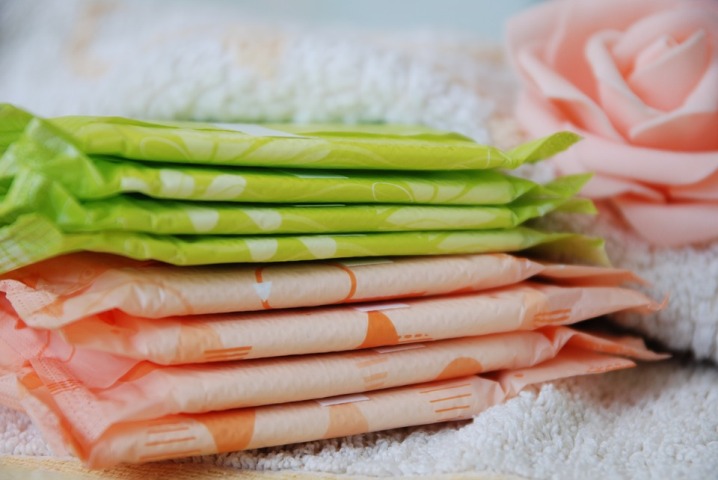TSAF to provide biodegradable sanitary pads to course participants

- Country:
- India
Aiming to achieve zero waste camps and minimise its impacts on trails, the Tata Steel Adventure Foundation (TSAF) on Friday said it has launched an initiative to provide biodegradable sanitary napkins to all female participants in its outdoor courses and expeditions.
The TSAF claimed that the initiative is the first of its kind in the country.
The move resonated with this year's International Mountain Day's theme 'sustainable mountain tourism', the foundation said in a statement.
The United Nations observes December 11 as International Mountain Day.
“The TSAF's new initiative of introducing biodegradable sanitary pads is a welcome step towards sustainable mountain tourism and women hygiene,'' said Bachendri Pal, the director of the organisation.
Sanitary napkins during expeditions are often thrown into ponds, rivers, and lakes, thus contaminating the water bodies or thrown in the open which in return pollute the soil and endangers the wildlife around, said Pal, the first Indian woman to climb Mt Everest.
''The introduction of biodegradable sanitary pads will help encourage TSAF's female participants to achieve zero waste camps during group trails and expeditions,” Pal said.
All the camps and activities at TSAF follow the zero waste principle, where all the waste generated during the course is either reduced, reused, or recycled, the statement claimed.
Until now, TSAF has conducted multiple cleaning drives to segregate the waste collected during the expeditions and send them to various facilities in Delhi or Dehradun for further recycling, it said.
However, the major challenge faced by the teams are the used sanitary pads which are either burnt or buried in landfills, which in turn endangers the wildlife or contributes to CO2 emissions.
To solve the problem, TSAF decided to introduce organic biodegradable sanitary pads which will decompose naturally when buried under the ground, the statement said.
Moreover, it will lead to environmental conservation, protect the wildlife, and will help bring about a behavioural change in participants.
(This story has not been edited by Devdiscourse staff and is auto-generated from a syndicated feed.)
ALSO READ
FIIs, Earnings, and Elections: Factors Shaping Indian Markets
Parliamentary Committee Reviews Indian Coast Guard's Coastal Security Measures
Closing the Development Gap: Ensuring Fiscal Equity for Balanced Growth in Indian States
Indian Startup Revolutionizes Blockchain with Innovative Patents
This is my first visit to Nigeria as Prime Minister, but I have not come alone. I have brought with me fragrance of Indian soil: PM Modi.









